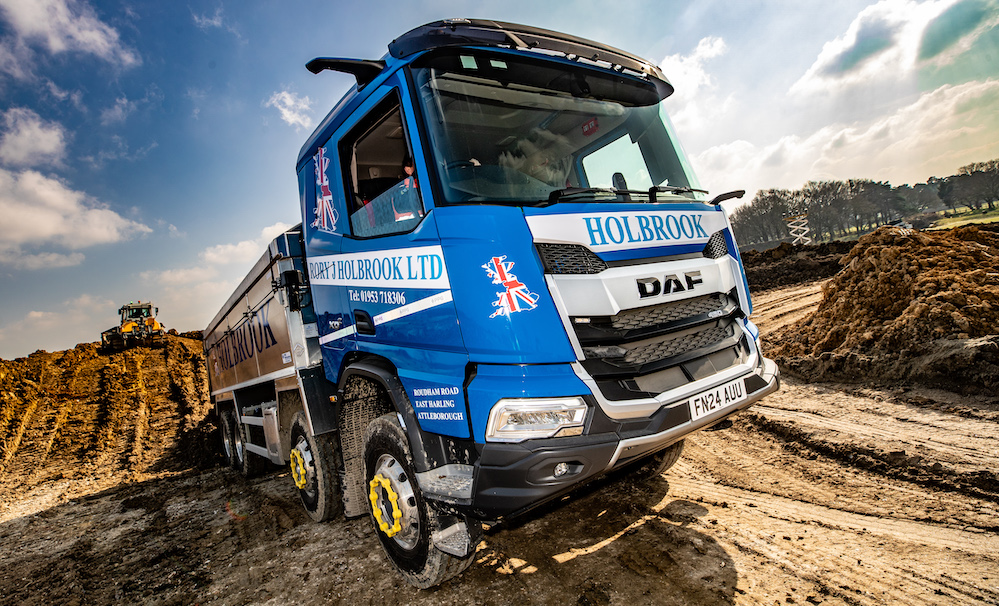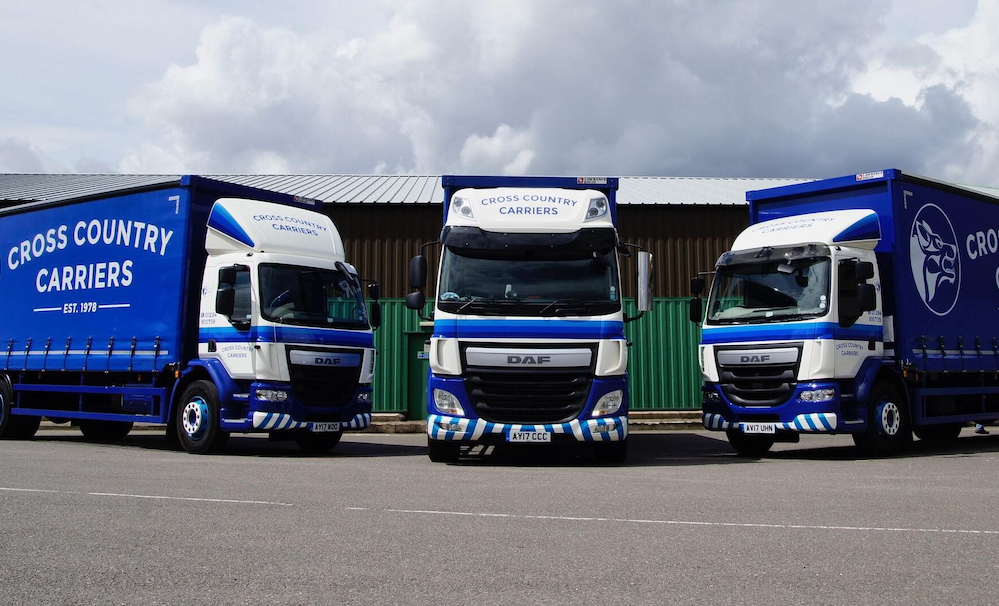Confusion over regulations covering the installation of home chargers is substantially delaying fleet electric car and van adoption, says the Association of Fleet Professionals (AFP).
The industry body reports that issues are arising over the fitting of isolators usually put in place as part of the home charger circuit, providing the means to completely cut power to the charging unit if required.
In June 2021, decision makers behind the official Meter Operation Code of Practice Agreement (MOCOPA) – created by electricity distributors and meter operators – removed the ability for third parties such as charger installation companies to put isolators in place, stating that this needed to be arranged by energy providers themselves.
This had such a detrimental effect on charging installation – introducing delays of typically 4-6 weeks – that the decision was reversed in September. However, in January, the new Retail Energy Code (REC), which has superseded MOCOPA, said that the original June decision would be reinstated pending an independent review expected to take around six months.
Paul Hollick, chair at the AFP, said: “Home charging is essential to the adoption of electric cars and vans and, according to the accounts that we are hearing from our members, this issue is causing both confusion and substantial delays to fleet electrification.
“It means that almost every home charger installation will now require two engineers – one authorised by the energy provider to put an isolator in place and another to install the charging equipment. This makes the process slow and difficult both for fleets wanting to support the installation of home charging equipment and the employees whose homes are being affected.
“At a time when EV adoption has already been hit by delivery delays that mean many key models are not available for a year or more, this is a further exasperating difficulty that is being introduced into the process of electric car and van adoption.
“We, of course, very much support the principle that home charger installation should be as safe as possible but there was nothing, as far as we are aware, to suggest that the original process was not resulting in high quality installations.”
Paul added that the issue had also played a part in the cost of isolator installation rising from around £75 to £200 since June, according to reports from some AFP members.
“On top of this price increase, we are also hearing that there are difficulties getting hold of charging units themselves because of the semiconductor crisis affecting production, which is compounding the issue to some extent.
“So, we are asking REC, in the short term, to revert to the process of pre-June 2021 to enable rapid deployment of EVs by our members. In the medium and longer term, we would like to see qualified electricians given the ability to install the isolator and charger in one instance, essentially returning to the pre-June situation, which was working well.”
He said that some home charger installation companies did not use isolators, instead wiring the equipment being fitted straight into the main fuse board, but believed that most fleet operators were using more comprehensive isolator-based solutions.






